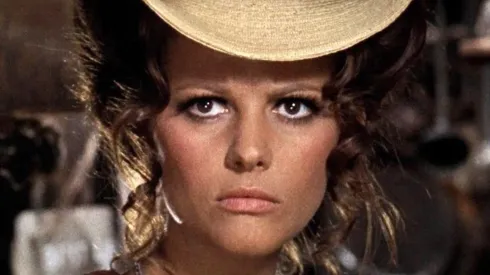Deadline reports that Claudia Cardinale, the celebrated Italian performer whose luminous presence shaped some of Europe’s most iconic films, has passed away at the age of 87. Her agent confirmed to France’s AFP that she died in the town of Nemours, near Paris, surrounded by her children.
Cardinale rose to international prominence in the 1960s, captivating audiences with her striking talent and elegance in classics like “The Leopard” and “Once Upon a Time in the West.” Over decades of work across Italian, French, and Hollywood productions, she became a symbol of cinematic artistry, admired for both her commanding screen presence and her dedication to her craft.
How Claudia Cardinale Became a Global Screen Icon
Claudia Cardinale’s rise from a Tunis-born teenager to one of Europe’s most luminous stars was as unlikely as it was swift. After winning a beauty contest that she never intended to enter, she found herself drawn into Italy’s vibrant film scene of the late 1950s. Her combination of natural poise and quiet intensity quickly caught the attention of directors who were reshaping postwar cinema. Within a few years, Cardinale was working alongside the likes of Federico Fellini and Luchino Visconti, signaling the start of an extraordinary career.
By the early 1960s, she had become a fixture in Italian and French productions, carrying films with a presence that balanced elegance and emotional depth. Visconti cast her in “The Leopard,” a sweeping historical drama that would become one of her defining achievements. Around the same time, she crossed into Hollywood, appearing in films that showcased her ability to move effortlessly between art-house sophistication and mainstream spectacle.
Her international breakthrough reached a new height with Sergio Leone’s “Once Upon a Time in the West,” where she delivered a performance that remains a touchstone in the Western genre. Cardinale brought a layered complexity to her characters, whether playing noblewomen, enigmatic drifters, or modern heroines. Critics and audiences alike admired her for elevating every role with a blend of strength, mystery, and vulnerability.
Even as the industry changed, Cardinale remained committed to challenging projects and socially conscious causes. She championed women’s rights and cultural initiatives, proving that her influence extended far beyond the screen. Decades after her first appearance, her body of work continues to inspire filmmakers and viewers who see in her career a rare combination of artistry, intelligence, and enduring charisma.
